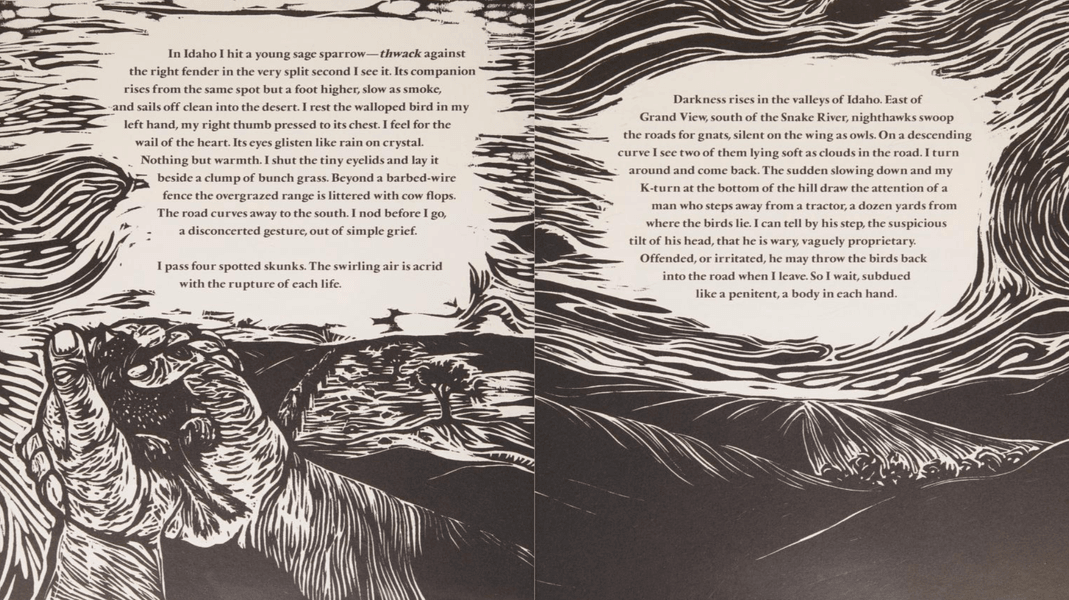Sublime
An inspiration engine for ideas
The other legend that was equally firmly embedded in Roman history and literature is the story of the Trojan hero Aeneas, who escaped from the city of Troy after the mythical war between Greeks and Trojans that is the backdrop of Homer’s Iliad. After leading his son by the hand and carrying his elderly father from the burning ruins, he eventually
... See moreMary Beard • SPQR

Entire cultures and populations recovering from this plague have been left like orphan children with no memories of who they are, longing for a pattern they know is there but can’t see.
Tyson Yunkaporta • Sand Talk: How Indigenous Thinking Can Save the World
That great vision is the end as seen by science: entropy, the cold, dark chaos that is the target of Time’s arrow.
Ursula K. Le Guin • Dreams Must Explain Themselves: The Selected Non-Fiction of Ursula K. Le Guin
The Greek myth of Phaethon told of a boy who discovers that he is the son of Helios, the sun god. Wishing to prove his divine origin, Phaethon demands the privilege of driving the chariot of the sun. Helios warns Phaethon that no human can control the celestial horses that pull the solar chariot. But Phaethon insists, until the sun god relents.
... See moreYuval Noah Harari • Nexus: A Brief History of Information Networks from the Stone Age to AI
The archetypal Horse, which gives form to all horses,
Richard Tarnas • Passion of the Western Mind
a seer might perhaps have seen something like a great grey ghost that looked over his shoulder; have seen behind him filling the dome of night and hovering for the last time over history, that vast and fearful face that was Moloch of the Carthaginians; awaiting his last tribute from a ruler of the races of Shem.
G K. Chesterton • The Everlasting Man (with linked TOC)
Sometime during the night, Maxine dreams she’s a mouse who’s been running at large inside the walls of a vast apartment building she understands is the U.S., venturing out into kitchens and pantries to scavenge for food, scuffling but free, and in these small hours she has been attracted by what she recognizes as a sort of humane mousetrap yet
... See more